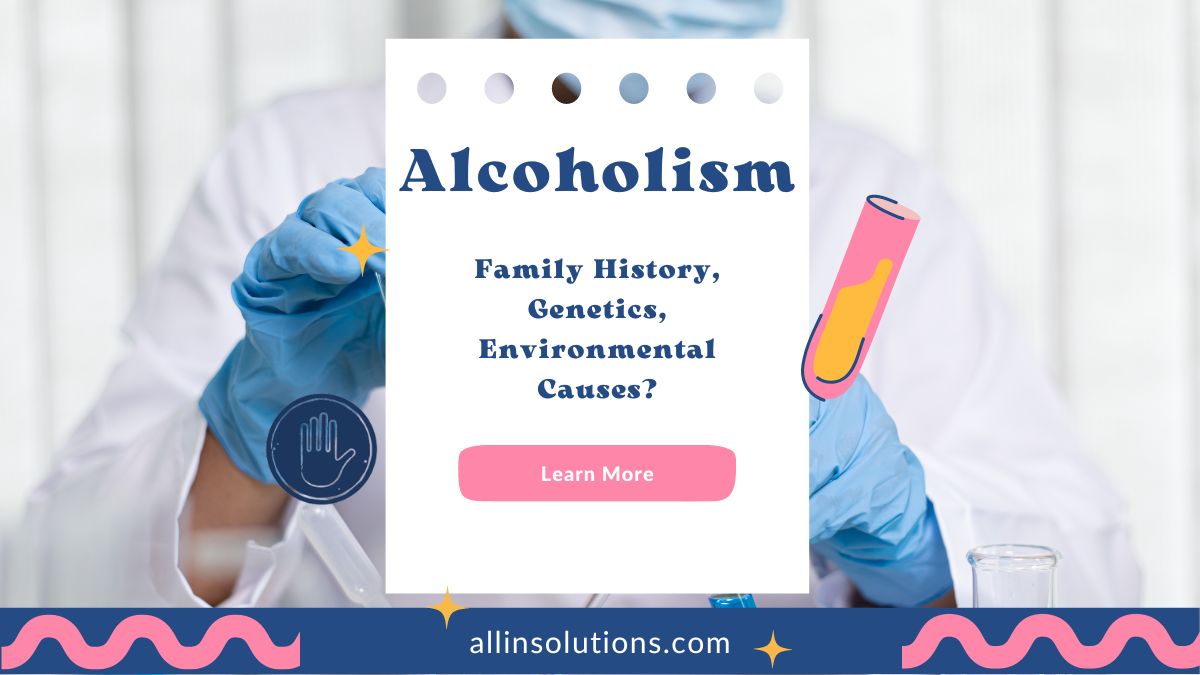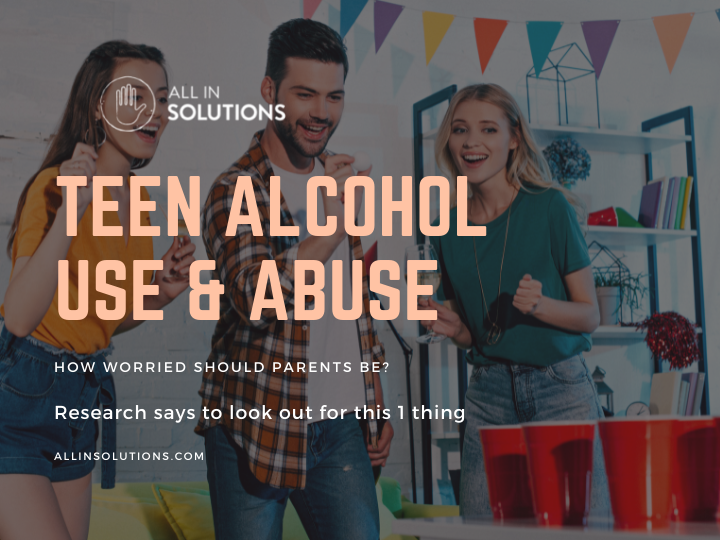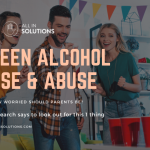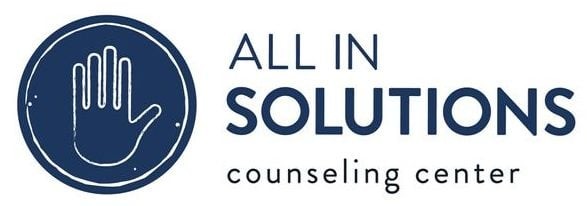Teenage parents are aware of how difficult it may be to keep their kids safe while also fostering a healthy sense of independence in them. Parents frequently second-guess their choices when trying to strike this balance between directing their children toward a bright future and letting them make (and hopefully learn from) their own errors. One of the most frequently asked is: Should I be concerned about my teen's drinking? According to clinicians from a Florida alcohol rehab, new research from Carnegie Mellon clearly illustrates the kind of teen alcohol abuse that often leads to alcohol use disorders in adulthood.
Underage Drinking Statistics
To accurately assess how troublesome a teenager’s alcohol use is, it is important to put the potential problem in context. According to the 2019 National Survey on Drug Use and Health, nearly 40% of those between 12 and 20 years of age report drinking at least once, and almost 20% reported drinking within the past month. And, according to the National Institute on Alcohol Abuse and Alcoholism, when young people drink they tend to binge drink. In fact, 90% of all drinks consumed by people between the ages of 12 and 20 are consumed through binge drinking.
While there are certainly many dangers associated with underage drinking, including alcohol poisoning, motor vehicle accidents, assaults, and more, the statistics do show that teen alcohol use is not uncommon. But as it relates to problems with addiction and alcoholism, how do parents know if they should be worried?
CMU Study: Drinking Alone Foreshadows AUD in Adolescents and Young Adults
According to a Carnegie Mellon study that investigated the correlation between drinking patterns in adolescence and young adulthood and alcohol use disorder (alcoholism) later in life, drinking alone is a strong indicator of future problems. Kasey Cresswell, lead author of the study says, “Most young people who drink do it with others in social settings, but a substantial minority of young people are drinking alone. Solitary drinking is a unique and robust risk factor for future alcohol use disorder. Even after we account for well-known risk factors, like binge drinking, frequency of alcohol use, socioeconomic status and gender, we see a strong signal that drinking alone as a young person predicts alcohol problems in adulthood.”
So, just how bad is drinking alone? The study found that those who reported drinking alone at age 18 were 35% more likely to show symptoms of alcohol use disorder (AUD) at age 35 compared to social-only drinkers. The effect was even stronger in young adults: those who reported drinking alone between ages 23-24 were 60% more likely to have a problem with alcohol at age 35 than their counterparts who drank only in social settings. The study also found that adolescent females who drank alone appeared to be at particular risk for developing future alcohol problems in adulthood.
Florida Alcohol Treatment Experts Respond
When asked about the results of the study, Albert Zingariello, LCSW, and clinical director at All In Solutions Counseling Center stated, “These results support what we have seen for years in treating adults with addictions. It is often the behavior that surrounds the use of drugs and alcohol that is the greatest indication of a potential problem. When young people are using drugs or alcohol in isolation, it should be a big warning sign that the role intoxicants play in their lives is unhealthy and unlikely to resolve without intervention.”
Of course, a number of other factors, like the age at which a person begins drinking and the presence of family members who have drinking issues, also play a role in alcohol-related difficulties in adulthood. According to studies, those who start drinking early are more likely to develop an addiction. Of course, genetics and family circumstances can have an impact as well.

But the most crucial thing for parents worried about their children consuming alcohol to understand is that if they are drinking alone, it might be time to intervene. Other research by Cresswell demonstrates that drinking alone is a symptom that someone is abusing alcohol to deal with unpleasant feelings. Alcohol abuse as a coping strategy is a pattern of behavior that has frequently been connected to the emergence of alcoholism.
Those who fear their teen may need help with alcohol abuse are encouraged to contact an addiction treatment center like All In Solutions Counseling Center in Boynton Beach, Florida.
































